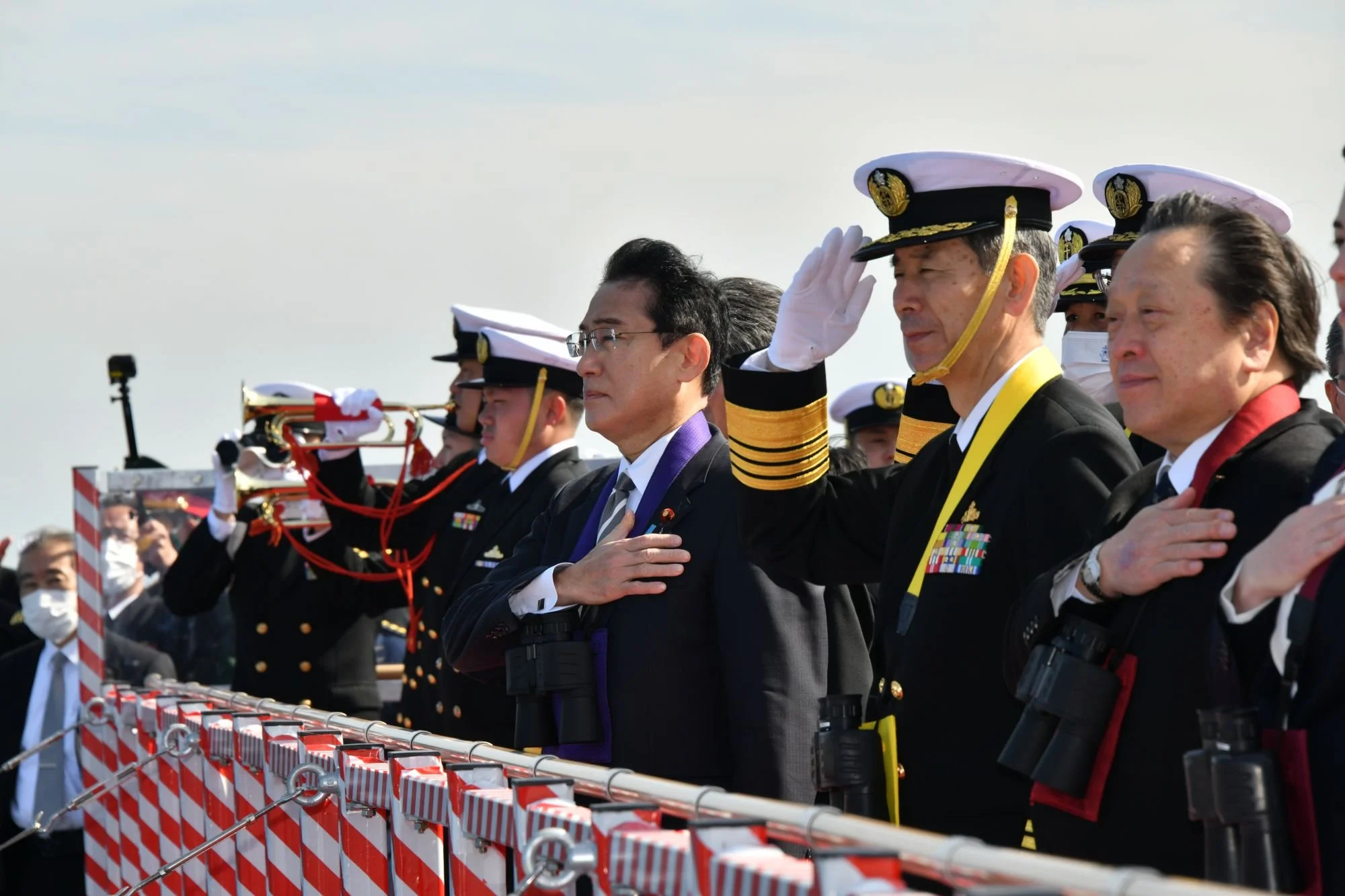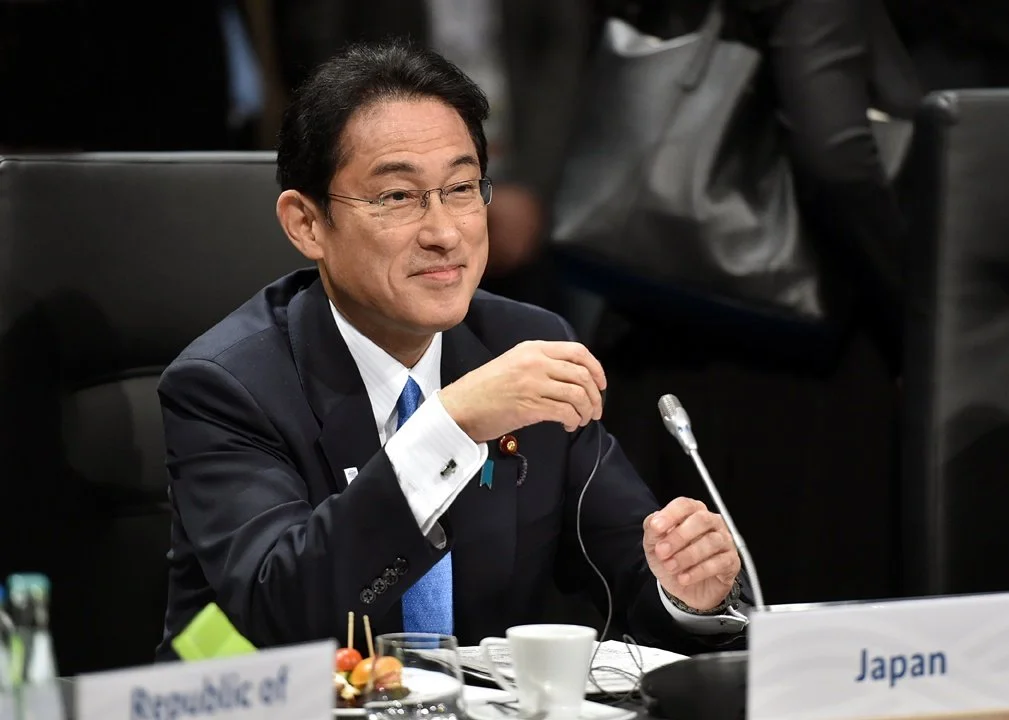Written by Hunter Slingbaum
In the coming months, South Korea should remain focused on its own presidential election and repairing its domestic fabric, but interim leadership can also explore ways to weather Trump’s demands, including by reframing existing efforts, as Canada did with their border plan.
Read More















